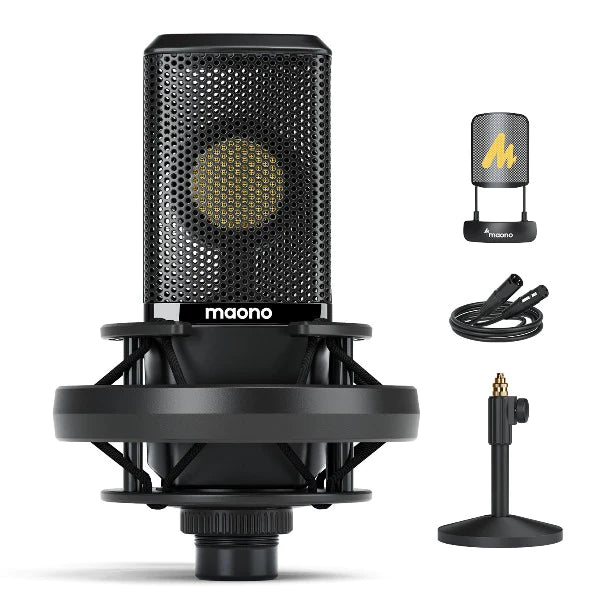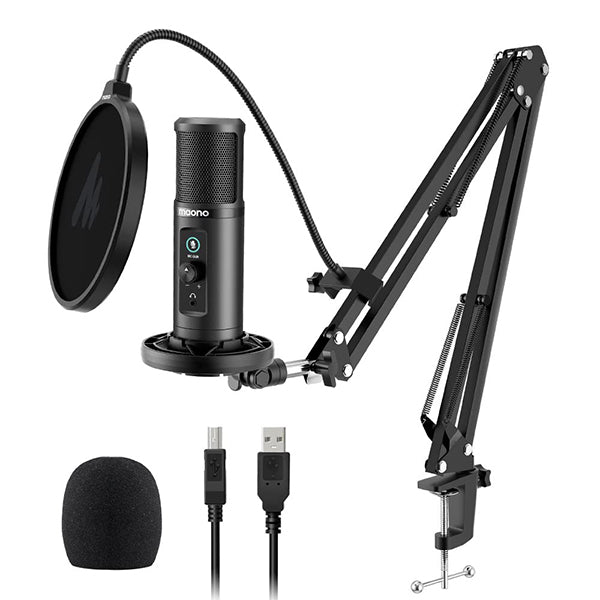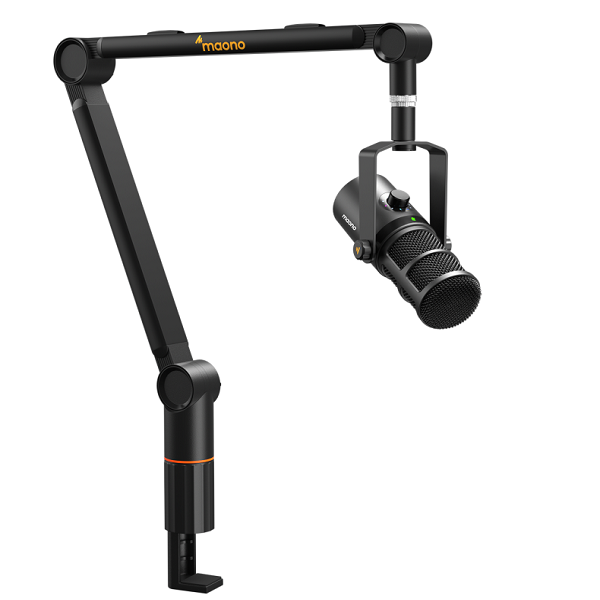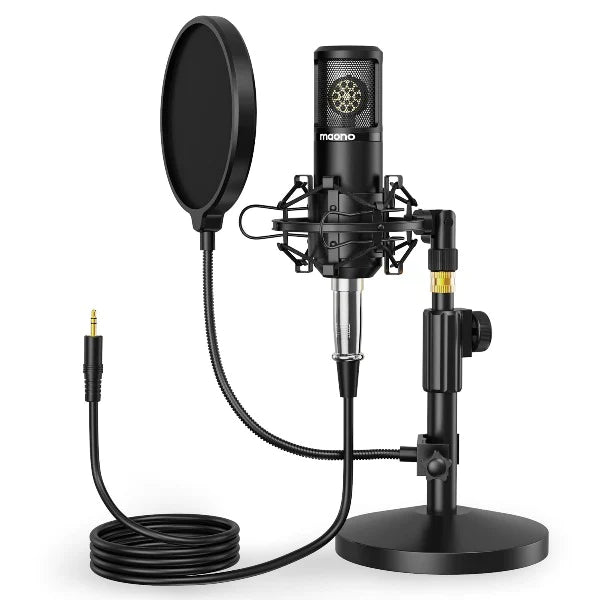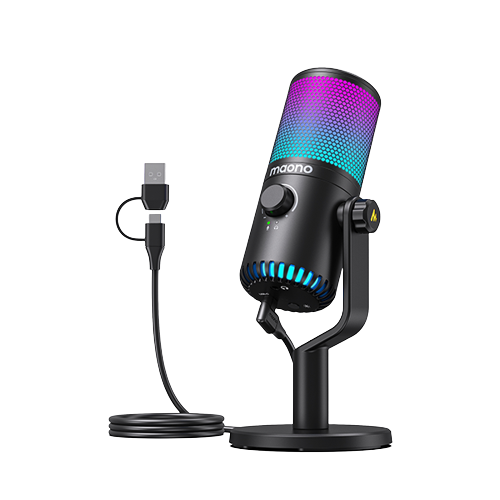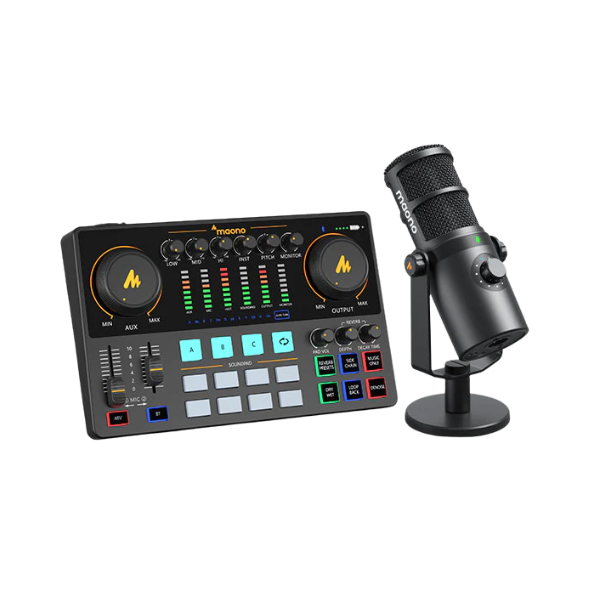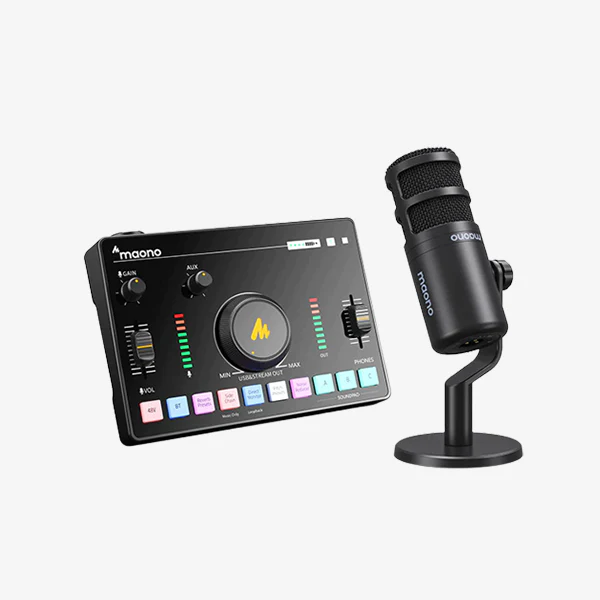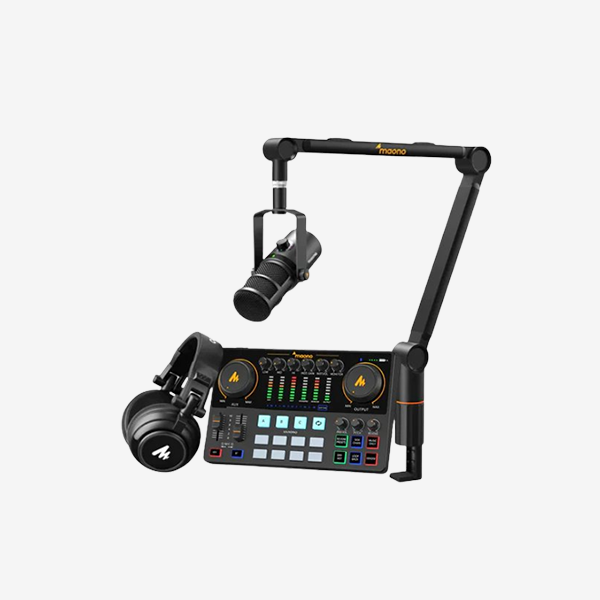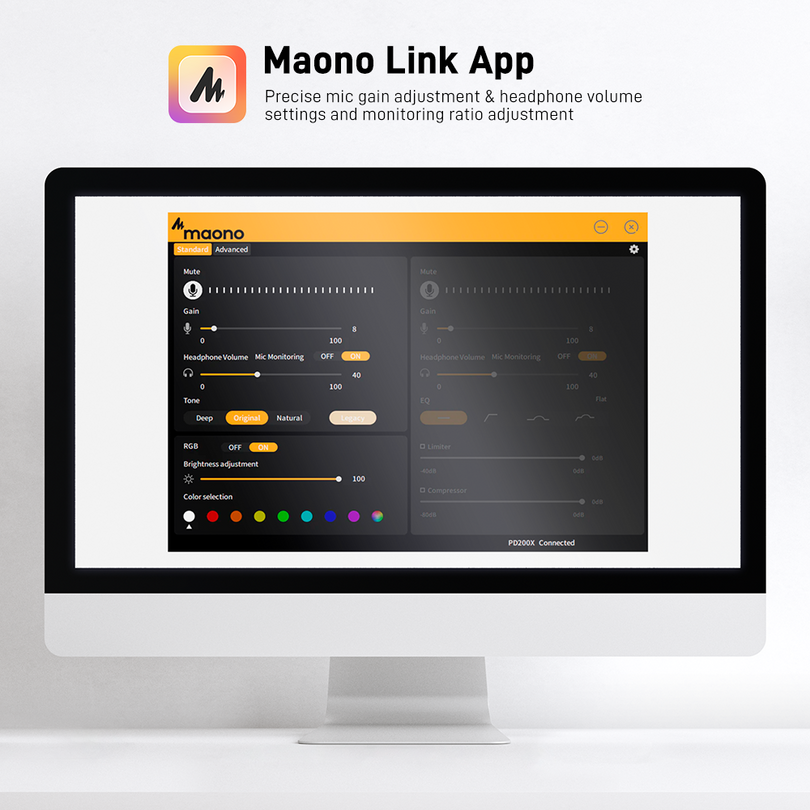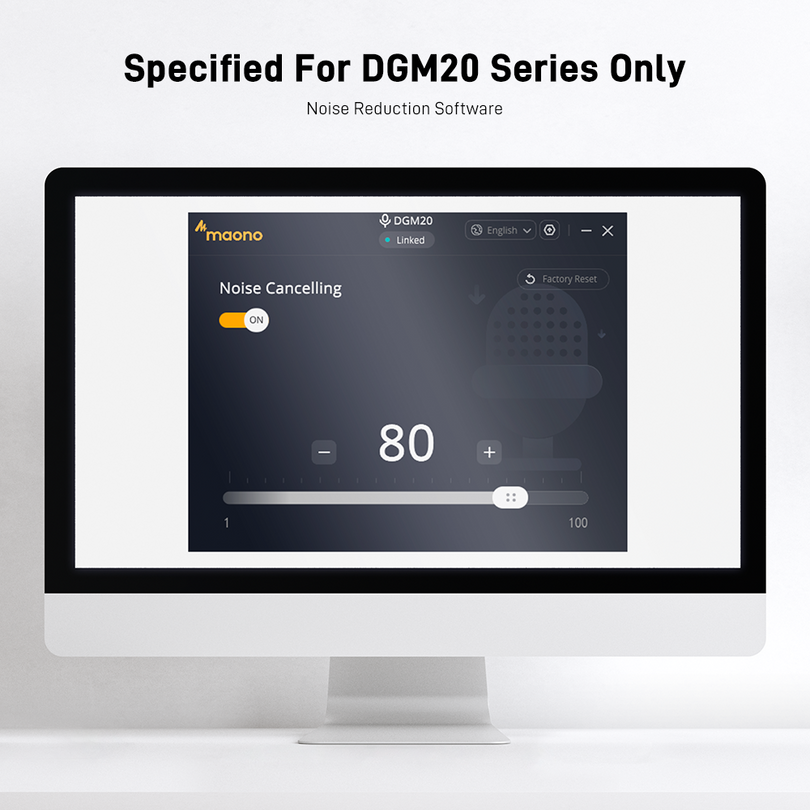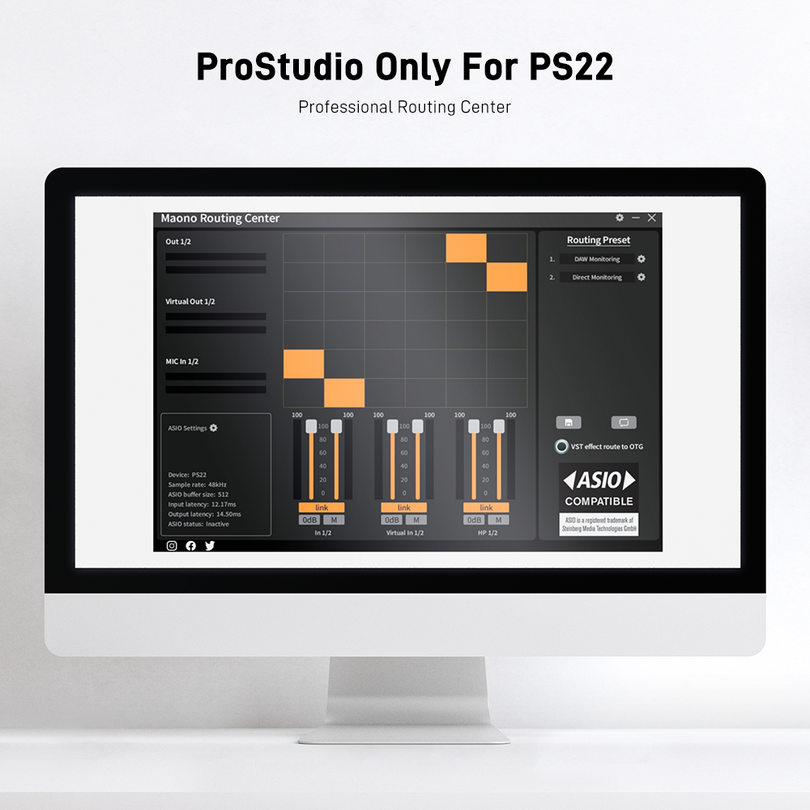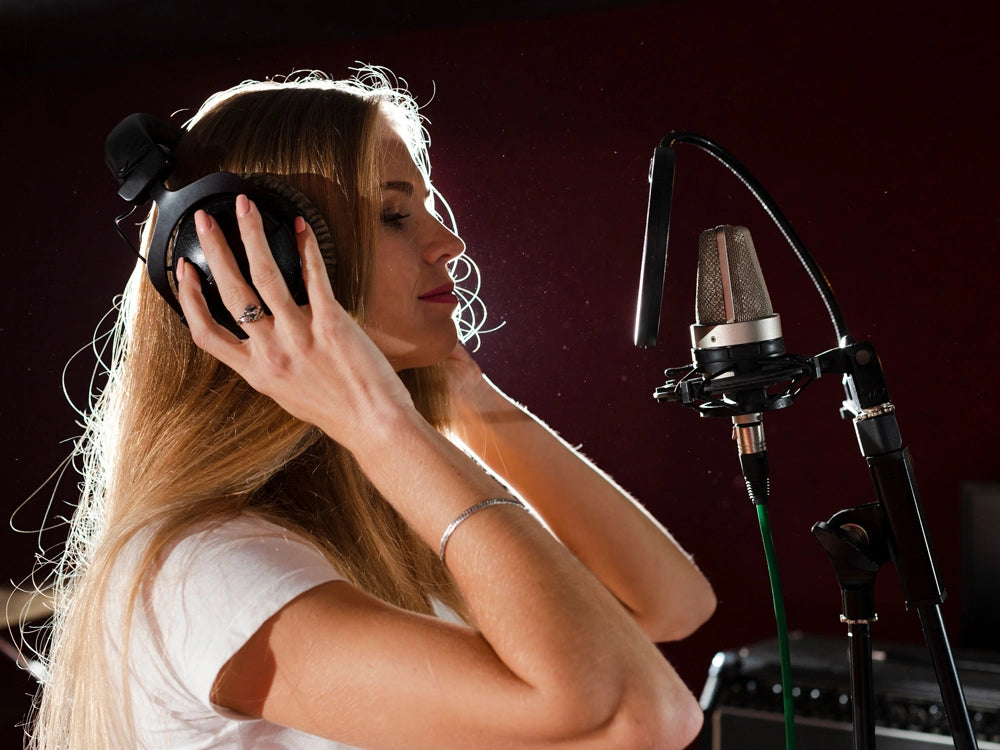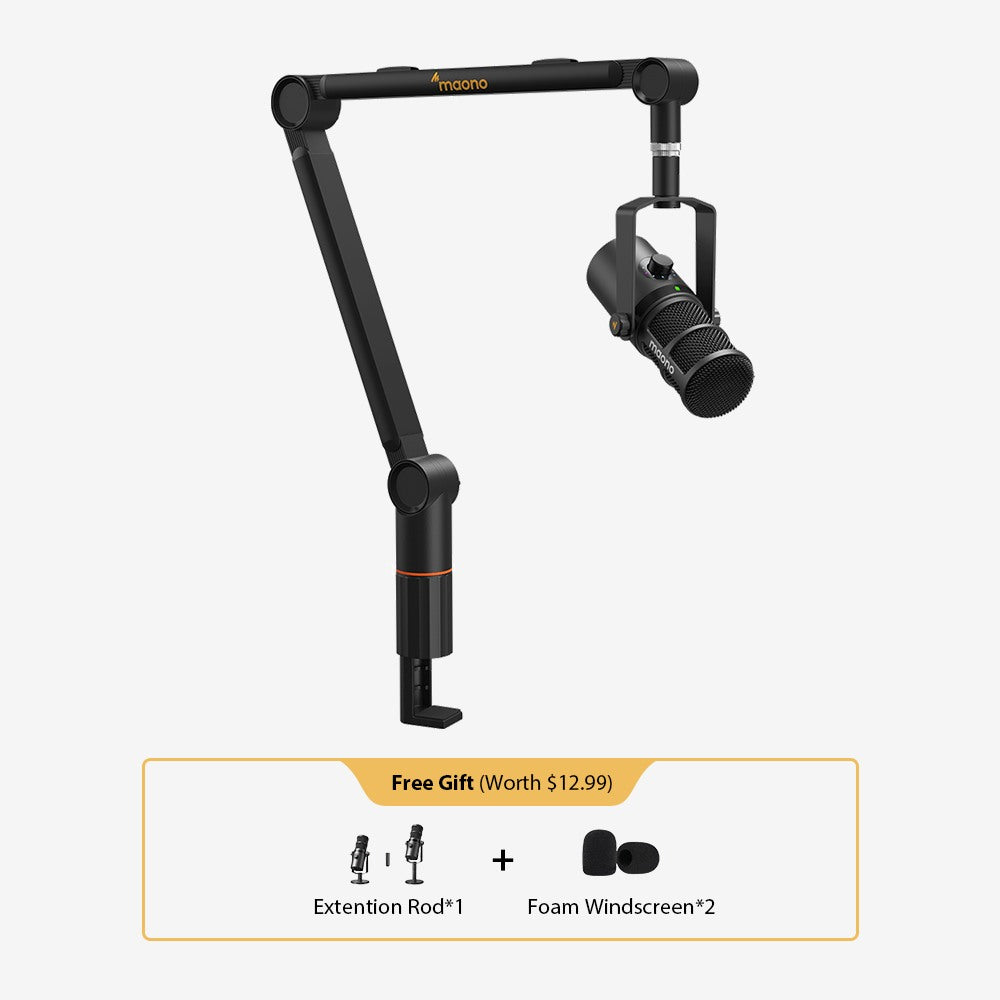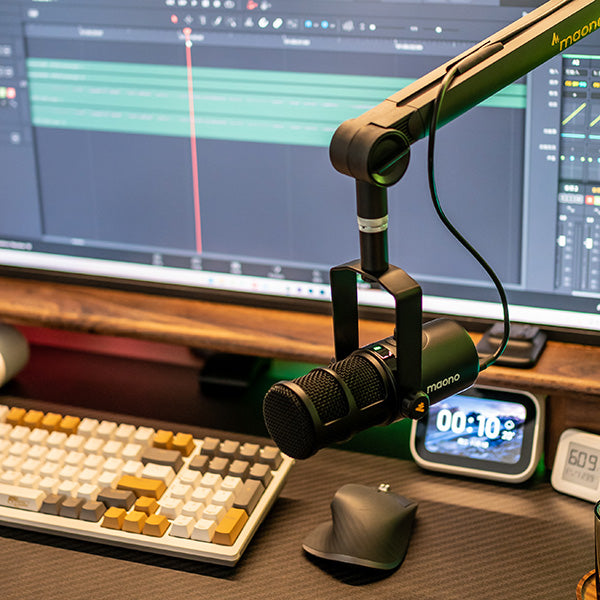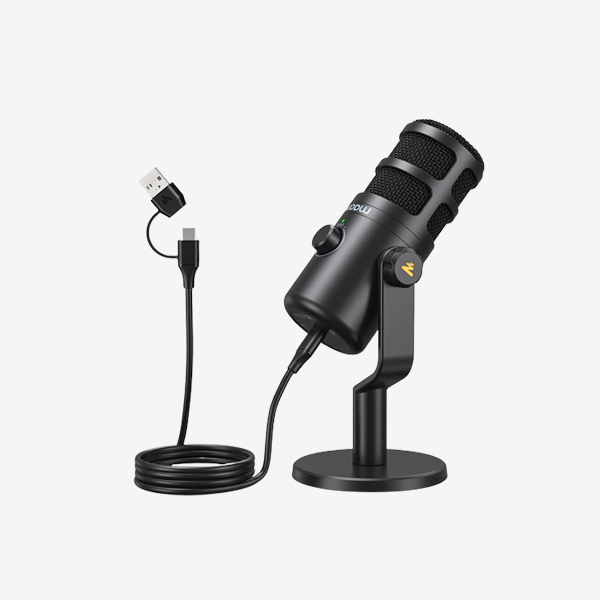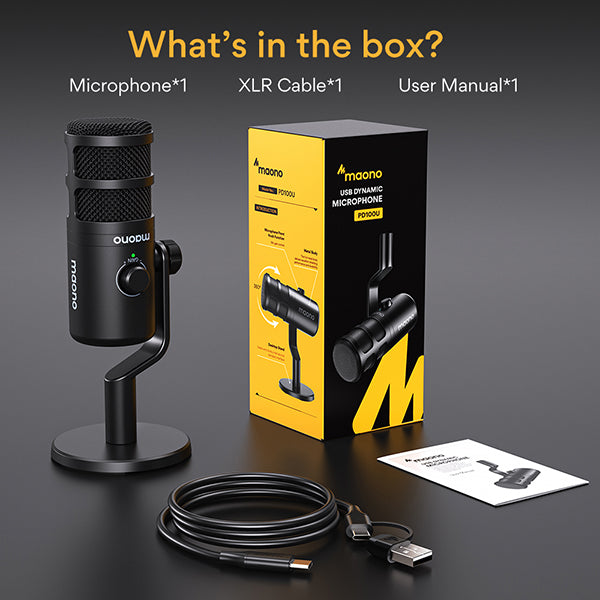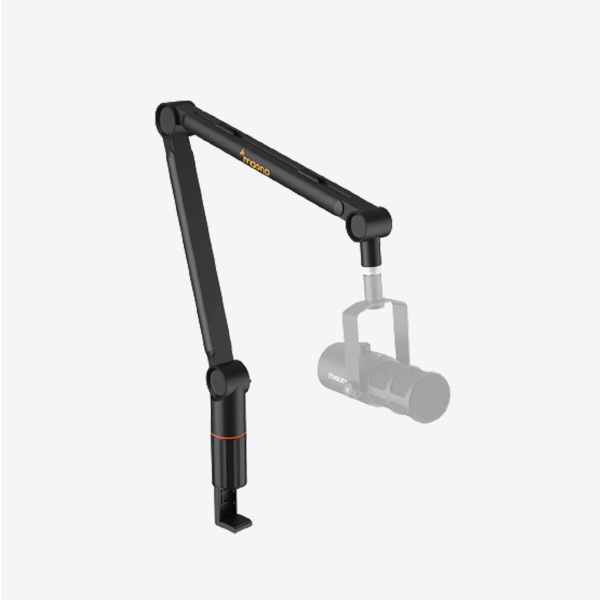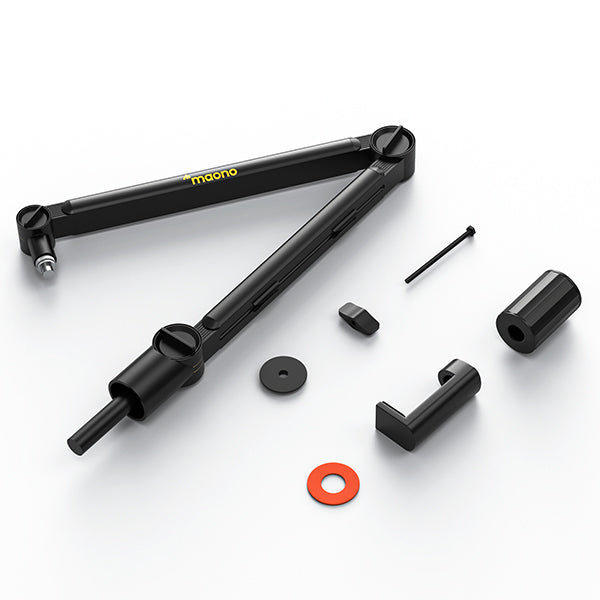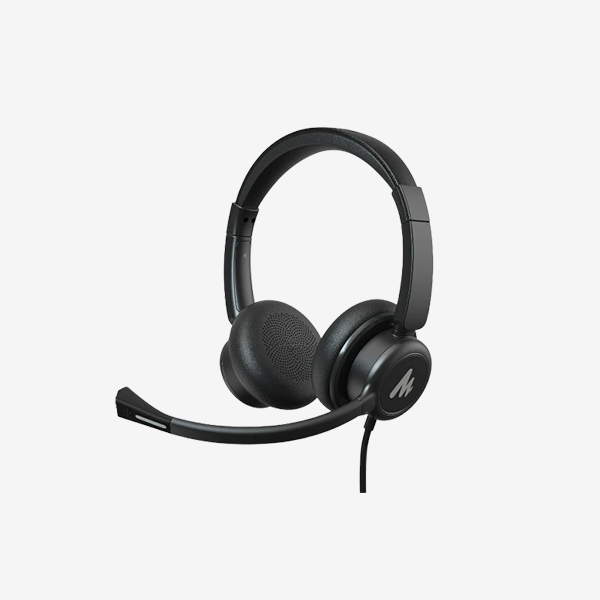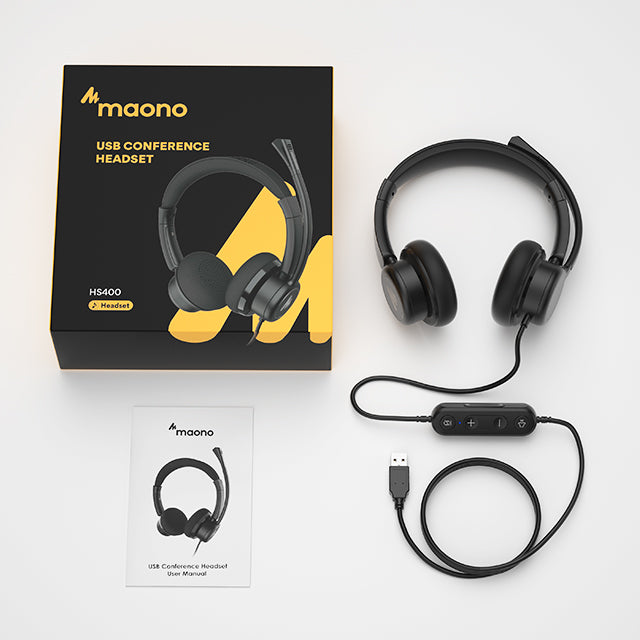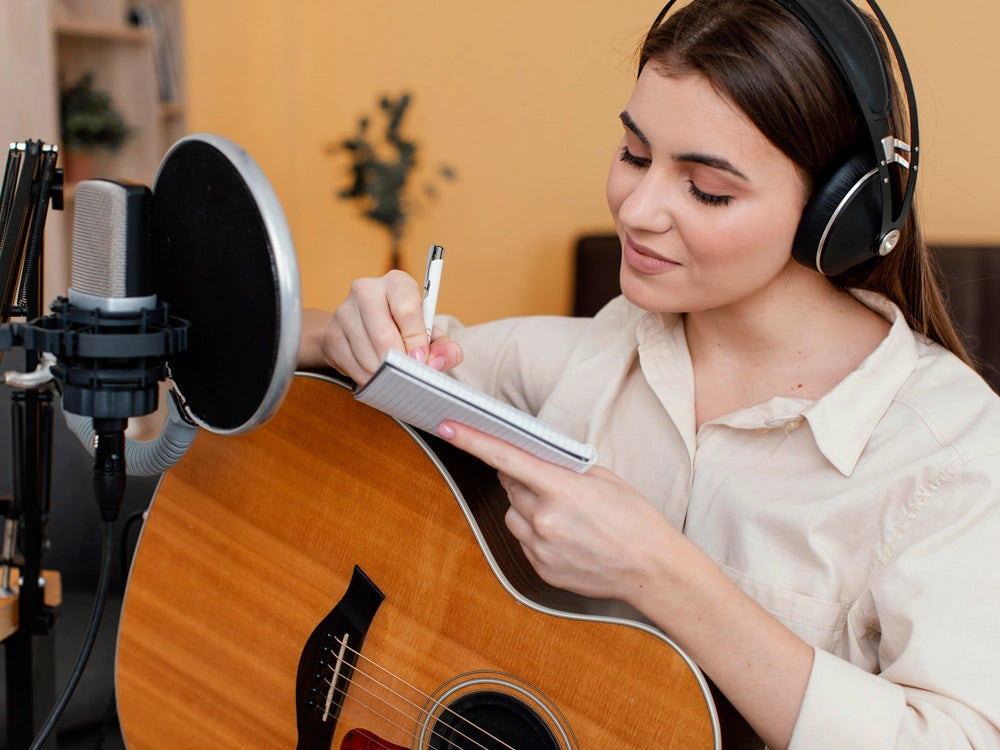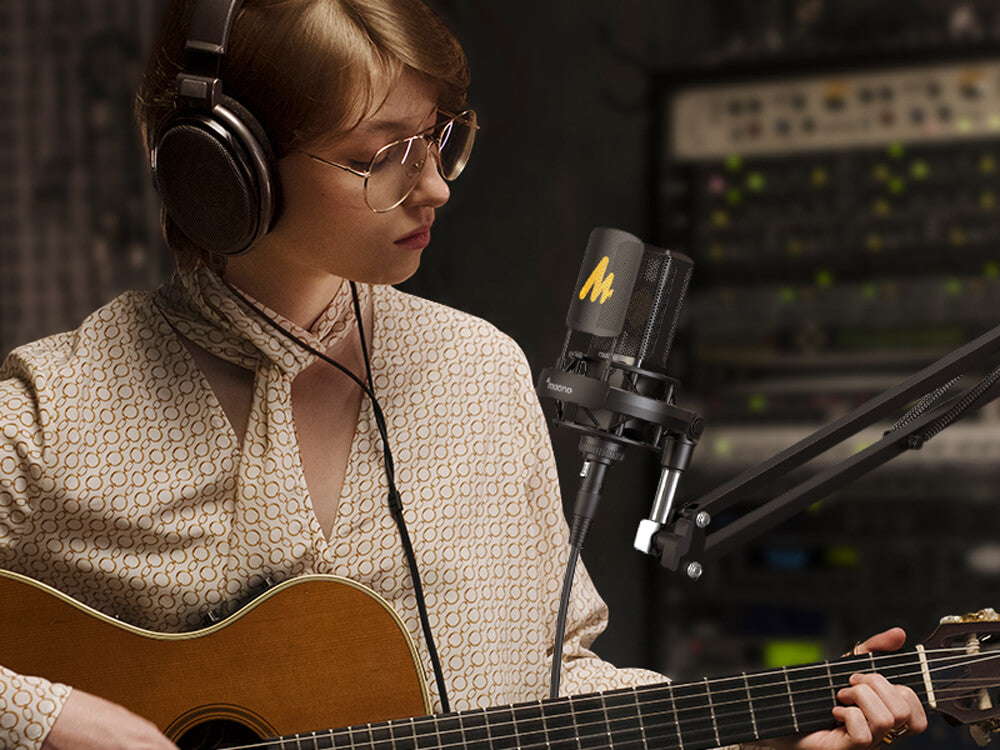Introduction to selecting the best microphone for vocals
When it comes to vocals recording, selecting the right microphone is crucial for achieving professional-quality results. A great reording microphone can capture the nuances and subtleties of a vocalist's voice, while a poor choice can leave your recordings sounding dull and lifeless. But with so many options available on the market, how do you choose the best microphone for vocals? In this comprehensive guide, I will walk you through everything you need to know to make an informed decision.
Feature Out the Importance of choosing the best microphone for vocals
Before we dive into the specifics, it's important to understand why selecting the right microphone for vocals is so essential. The vocal microphone you choose will have a significant impact on the overall sound and quality of your recordings. Each microphone has its own unique characteristics that can enhance or detract from a vocalist's performance. Factors such as frequency response, polar pattern, and sensitivity can greatly affect the sound reproduction. By choosing the best microphone for vocal recording, you can ensure that your recordings accurately capture the emotion and expression in the vocalist's voice.
Studio or Home?
For most of us, before recording, it’s important to determine whether you need a microphone for live performance or recording at home or in the studio. Different recording environment options will affect what kind of microphone you choose, and it is wise to consider where you will mainly use the microphone before purchasing it.
Engineers generally have different settings for microphones in different recording environments. What about performing on stage in front of a very loud rock band? In this case, you generally want to choose a dynamic microphone, which is designed to suppress stage noise and handle high sound pressure levels.
Therefore, for any potential microphone buyer, you need to check whether the environment where you want to record vocals is in a studio or at home, and then choose a mic for vocals recording that is suitable for you.
Different types of microphones for vocals
There are several types of microphones commonly used for recording vocals, each with its own advantages and disadvantages. The three main types are dynamic microphones, condenser microphones, and ribbon microphones.
Dynamic microphones are rugged and versatile, making them a popular choice for live performances and recording vocals in noisy environments. They are less sensitive to sound pressure levels and can handle high volume levels without distorting. However, they may lack the detail and clarity of condenser microphones.
Condenser microphones, on the other hand, are more sensitive and accurate, making them ideal for capturing the nuances of a vocalist's voice. They require phantom power and are more delicate, but they can deliver exceptional sound quality and are commonly used in professional studios.
Factors to consider when selecting a microphone for vocals
When choosing a microphone for vocals, there are several important factors to consider. These factors will help you narrow down your options and find the best microphone for your specific needs.
- Frequency response: The frequency response of a microphone determines how well it captures different frequencies of sound. Look for a microphone with a wide and flat frequency response to ensure accurate sound reproduction.
- Polar pattern: The polar pattern of a microphone determines how it picks up sound from different directions. Common polar patterns for vocal microphones include cardioid, supercardioid, and omnidirectional. Consider the recording environment and your specific needs when selecting a polar pattern.
- Sensitivity: The sensitivity of a microphone refers to its ability to capture soft sounds. If you plan to record quiet vocals or acoustic instruments, choose a microphone with higher sensitivity.
- Budget: Set a budget for your microphone purchase. Remember that higher-priced microphones often offer better sound quality and durability, but there are also excellent options available at lower price points.
- Compatibility: Check the compatibility of the microphone with your recording equipment. Ensure that it can be easily connected to your audio interface or mixer.
By considering these factors, you can narrow down your options and find the best microphone for your vocal recordings.
Microphone brands have established a reputation for manufacturing high-quality microphones specifically designed for vocal recording. These brands have consistently produced reliable and excellent-sounding microphones favored by professionals in the industry. Maono, as one of the users like microphone brands, the microphones that they designed are special with high quality. here are some mono recommendation mics for the vocal recording list you might like to check.
Here are 6 great vocal microphones with different price choice for professionals and beginers.
Now that we have covered the different types of microphones and the factors to consider, let's explore some of the top recommended microphones for vocals. These microphones have consistently received positive reviews and are highly regarded in the industry.
Best Vocal Microphone For Studio
PD400X: USB/XLR Dynamic Microphone | Price at $149.99
Maono PD400X is an XLR/USB dual-mode dynamic microphone that comes with powerful functions, the overall sound performance is excellent far better than other microphones on the market. it is quite a choice for most singers and vocal recording. it is really wide-compatibility with Windows, macOS, iOS, and Android OS, and you can record on computers, mobile phones, and tablets.
PD200X: USB/XLR Dynamic Microphone | Price at $79.99
This newly born PD200X dynamic microphone can be used with Maono link software at the same time in USB mode like PD400X, allowing you to enjoy multiple functions like control RGB lights, mic gain, headphone volume, limiter, etc while enjoying a more cost-effective price. It is also quite a choice for vocal recording.
Both of the Maono PD200X and PD400X microphone can be worked with its’ self developed Maono link software to adjust more details to get the sound you want.
PM500T: XLR Condenser Microphone | Price at $149.99
M500T is the Maono's unique XLR vocal recording condenser microphone that comes with rich and delicate sound quality, especially for vocal recording has a particularly excellent performance, it adopts unique acoustic, circuitry tuning techniques, so even if you are far away from the mic, you can also record a very rich sound. it is a perfect option for music recording, voice-overs, and instruments.
Best Budget Condenser microphone for recording vocals at home
PM422: USB Condenser Microphone with boom arm | $79.99
Featured with a professional sound chip-set and a 16mm electret condenser transducer. The proprietary capsule design delivers rich, detailed sound. Ideal for musicians, streamers, vocal recorders, podcasters, and other content creators. PM422 is an all-in-one USB condenser microphone with a boom arm known for its’ easy plug-and-play and one-click mute and professional sound, it is quite a try for most beginners who just like to try vocal recording at home.The PM422 can easily capture the nuances of vocals with precision.
A04: USB Condenser Microphone | $54.99
A04 is a stand-type microphone option after PM422. Its price is relatively cheaper than PM422 and its functions are relatively limited, but it allows you to capture studio-quality audio with ease, whether you are recording music, podcasts, or voice-overs.
DM30RGB: USB Condenser Microphone | $49.99
DM30RGB USB condenser microphone is a best choice for users who don't have enough budget to try out vocal recording, DM30RGB might be a good choice for you. the $49.99 price is attractive and it can help easily capture the sound you want.
These are just a few examples of the top recommended microphones for vocals. Depending on your specific needs and budget, there are many other excellent options available on the market.
Tips for using a microphone for vocals effectively
Once you have chosen the best microphone for vocals, it's important to know how to use it effectively to achieve optimal results. Here are some tips to help you get the most out of your microphone:
Proper microphone placement: Position the microphone at an optimal distance from the vocalist to capture the desired sound. Experiment with different microphone placements to find the sweet spot.
Use a pop filter: A pop filter helps reduce plosive sounds caused by strong puffs of air hitting the microphone. It improves the clarity of the vocal recordings.
Control room acoustics: Pay attention to the acoustics of your recording environment. Minimize reflections and unwanted background noise by using acoustic treatment and soundproofing techniques.
Experiment with microphone positioning: Moving the microphone slightly can significantly alter the sound. Experiment with microphone positioning to find the best sound for different vocal styles and performances.
Microphone accessories for enhanced vocal recordings
In addition to selecting the right microphone, there are various accessories that can enhance your vocal recordings. These accessories can improve the sound quality, reduce unwanted noise, and provide additional flexibility in recording techniques. Here are some essential microphone accessories:
Shock mount: A shock mount isolates the microphone from vibrations and handling noise, resulting in cleaner recordings.
Reflection filter: A reflection filter helps reduce room reflections and enhances the clarity of the vocals, especially in untreated recording environments.
Pop filter: A pop filter reduces plosive sounds caused by strong breaths, ensuring a clean and clear vocal recording.
Microphone stand: A sturdy and adjustable microphone stand allows for precise positioning and reduces the risk of unwanted noise caused by handling the microphone.
Investing in these microphone accessories can greatly improve the quality of your vocal recordings and provide a more professional sound.
Conclusions
Choosing the best microphone for vocals is an important decision that can greatly impact the quality of your recordings. By understanding the different types of microphones, considering the factors that matter most to you, and exploring the top recommended options, you can find the perfect microphone for your needs. Remember to experiment with microphone placement and accessories to optimize your vocal recordings. With the right microphone and a little bit of practice, you can capture the true essence and emotion of every vocal performance.
Now that you have the ultimate guide to selecting the best microphone for vocals, it's time to put your knowledge into action and take your vocal recordings to the next level. Happy recording!
Ready to find the perfect microphone for your vocal recordings? Check out our comprehensive selection of top-rated microphones for vocals and start capturing professional-quality sound today.




















